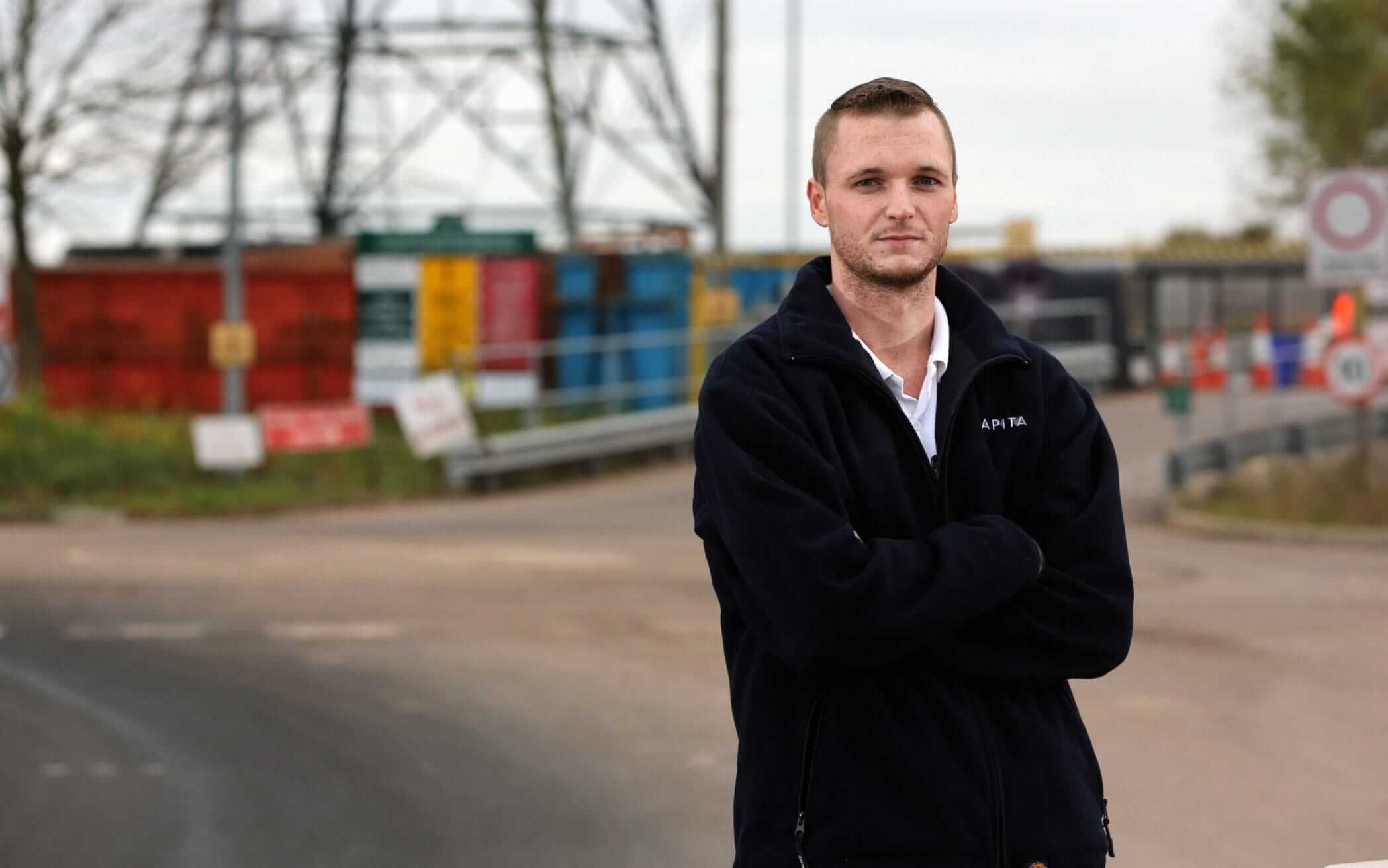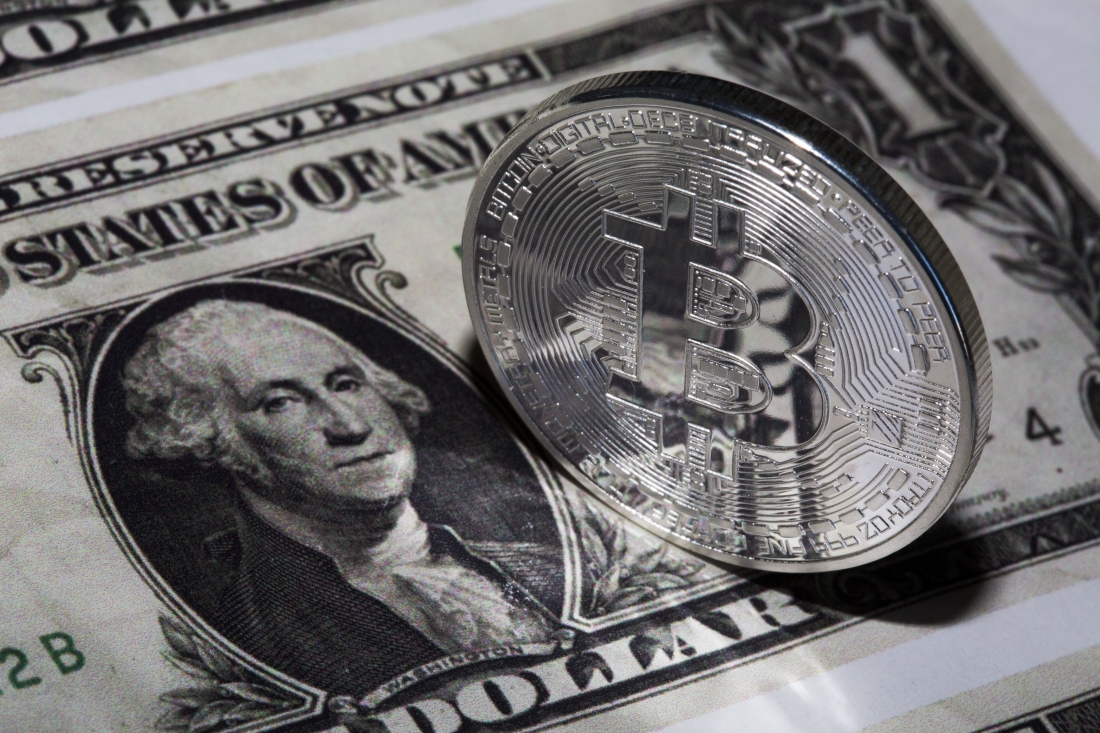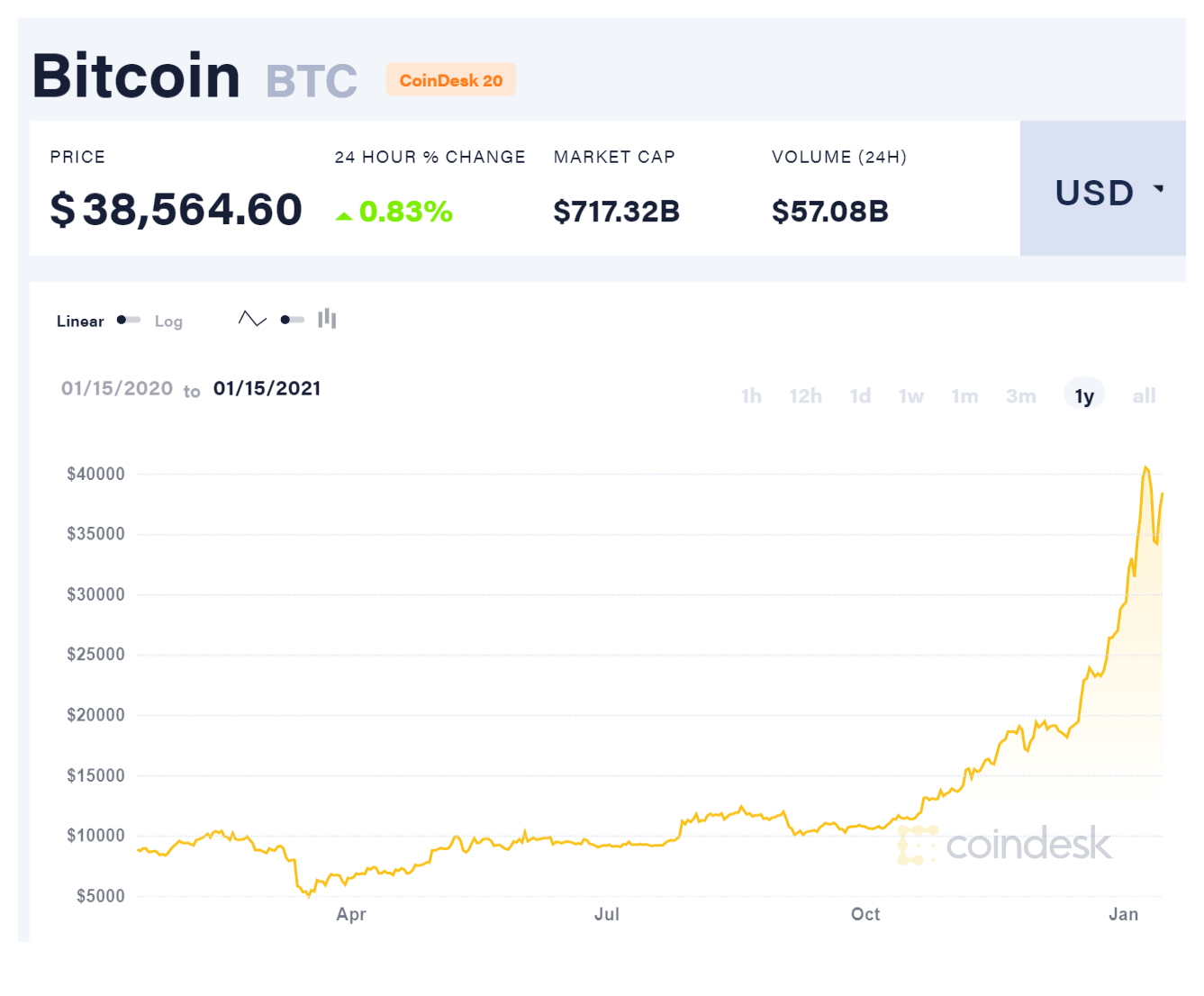Facepalm: One of the problems with virtual currencies is the potential for them to be lost or become inaccessible. A famous case is that of UK computer engineer James Howells, who accidentally threw away a hard drive with around $285 million of Bitcoin on it in 2013. Now, he's offering his local government a quarter of the crypto to help him find the device---but it isn't interested in the deal.
Howells, 35, mined 7,500 Bitcoin back in 2009 when they were worth almost nothing. He gave up his mining endeavours after his girlfriend became sick of the noise, selling his equipment but holding on to the hard drive containing his private keys.
When clearing out his desk in 2013, Howell accidentally threw the drive away. "I had two identical hard drives, and I threw out the wrong one. I know I'm not the only person who has ever thrown out the wrong thing, but it usually doesn't cost people over £200million." he said. "I have to laugh about it now."
The drive ended up in a general waste bin at his local landfill site in Newport, South Wales, where it was buried.

Howells has repeatedly asked Newport city council to aid him in retrieving the Bitcoin, offering a 25 percent cut---around $71 million---if it helps him recover the drive.
There's the question of whether a hard drive from 2009 that's been buried in a landfill for eight years will still work. Howell's optimistic: "There is no guarantee of that because of the environment it's been in, but there are things that give me confidence. The outside case might be rusted. But the inside disk, where the data is stored, there should be a good chance that it still works," he said. "But the longer this drags on, though, it's less likely to be a possibility."
Howells says a hedge fund has agreed to back the project so the council won't be out of pocket, and he believes there's a way to narrow down the search.
"The way the landfill operated in 2013 was when a general waste bin was full, it was given a serial number, it was dragged off to the open pit and it was buried. It was also given a grid reference number. So what that means is, if I could access the landfill records, I could identify the week that I threw the hard drive away; I could identify the serial number of the bin that it was in; and then I could identify where the grid reference is located," he explained.
"I'd like the opportunity to sit down with the decision makers and present to them an action plan for what we want to do. I hope we can get that [...] We want to employ an inflatable structure to create an air-tight seal around that area to stop landfill gases escaping."
For Newport council, it seems the risks outweigh any potential benefits.
"Newport City Council has been contacted a number of times since 2014 about the possibility of retrieving a piece of IT hardware said to contain Bitcoins," said a spokesperson. "The cost of digging up the landfill, storing and treating the waste could run into millions of pounds - without any guarantee of either finding it or it still being in working order."
"The council has also told Mr Howells on a number of occasions that excavation is not possible under our licencing permit and excavation itself would have a huge environmental impact on the surrounding area."
"Even if we were able to agree to his request, there is the question of who would meet the cost if the hard drive was not found or was damaged to such an extent that the data could not be recovered. We have, therefore, been clear that we cannot assist him in this matter."
This week brought news of Stefan Thomas, a programmer who has lost the password to a hard drive containing 7,002 Bitcoin in a digital wallet. He has two guesses left before the $240 million worth of crypto becomes permanently inaccessible.
Cryptocurrency data firm Chainalysis estimates that around 20 percent of the existing 18.5 million Bitcoin, worth around $140 billion, is lost or stuck in inaccessible wallets.

